When Does Social Drinking Become a Problem?
Social drinking is often seen as a normal part of modern life. Whether it’s enjoying a glass of wine at a dinner party, grabbing beers after work with colleagues, or celebrating special occasions with champagne, alcohol plays a significant role in many social gatherings. The World Health Organization estimates that 400 million people aged 15 years and older live with alcohol use disorders – many of which started as social drinking problems.
For most people, social drinking is a way to relax, bond with friends, and celebrate life’s moments. However, there’s a fine line between enjoying a drink or two in a social setting and when that behavior starts to signal the onset of a more significant issue. But how can you tell when social drinking becomes a problem?
What is Social Drinking?
Social drinking, by definition, refers to consuming alcohol in the company of others and is usually associated with leisure and celebration. For many, social drinking is moderate, controlled, and infrequent. It’s often a part of cultural rituals or simply a way to unwind.
Examples of social drinking may include, but are not limited to:
- A glass of wine with dinner
- A few beers while watching a game with friends
- Cocktails at a wedding or party
Social drinking becomes problematic when it goes beyond occasional indulgence and starts becoming frequent, excessive, or compulsive.
When Does Social Drinking Become a Problem?
While social drinking in moderation is widely accepted, it becomes a concern when it negatively impacts your health, relationships, or responsibilities. The transition from moderate drinking to problematic drinking is often gradual and hard to pinpoint, but here are some indicators that social drinking may be becoming a problem:
1. Increased Frequency
For some, social drinking may be reserved for weekends or special events. However, if you start seeking out more opportunities to drink or find yourself drinking several times a week, it could be a sign of reliance. Social settings may become excuses to drink more frequently, even when alcohol isn’t necessary.
2. Drinking to Cope with Stress or Emotions
Social drinking can easily slip into emotional drinking. If you find yourself relying on alcohol to manage stress, anxiety, or sadness during social gatherings, it’s a red flag. Drinking to mask emotions is a key characteristic of problematic drinking and can lead to alcohol dependence over time.
3. Escalating Amounts
Moderate social drinking typically means consuming one or two drinks in a social setting. However, if you find yourself needing more alcohol to feel relaxed or to enjoy a social event, you may be building a tolerance. Drinking more to achieve the same effects can signal the early stages of alcohol abuse.
4. Loss of Control
One of the most telling signs that social drinking has become problematic is the loss of control over how much you drink. You may start an evening intending to have just one drink, but end up consuming far more. If this becomes a regular pattern, it’s a sign that your social drinking is no longer under control.
5. Impact on Relationships and Responsibilities
When drinking starts to cause tension in your relationships or negatively affects your responsibilities, it’s a sign that social drinking is becoming problematic. Missing work, neglecting responsibilities, or getting into conflicts with loved ones due to your drinking habits are clear indications that alcohol is taking a harmful toll.
6. Hangovers and Health Consequences
Waking up with frequent hangovers after social events is a sign that drinking is having a negative impact on your health. Regular hangovers, memory loss, or risky behavior during or after drinking are all red flags. Moreover, chronic social drinking can lead to long-term health issues like liver damage, heart disease, and mental health problems.
The Psychological Effects of Problematic Social Drinking
Social drinking doesn’t just have physical consequences; it can also take a toll on your mental and emotional well-being. Over time, problematic drinking can increase feelings of anxiety, depression, and isolation.
- Anxiety and Alcohol: While alcohol might initially seem to reduce social anxiety, it can actually worsen anxiety over time. This creates a cycle where you drink to calm your nerves, but as alcohol leaves your system, it can heighten feelings of nervousness, leading to more drinking to alleviate those feelings.
- Depression and Alcohol: Alcohol is a depressant, which means it can exacerbate feelings of sadness and hopelessness. Over time, individuals who turn to alcohol to manage depressive feelings often find that their mental health worsens as their drinking increases.
- Impact on Self-Esteem: Excessive drinking in social settings can lead to feelings of guilt and embarrassment, particularly if risky behavior, arguments, or poor decision-making occurs while intoxicated. This can erode self-esteem and create a negative feedback loop where drinking becomes a way to cope with those feelings.
The Social Aspect of Problematic Drinking
One of the trickiest aspects of identifying when social drinking becomes a problem is the social pressure to drink. In many cultures, alcohol is a key part of celebrations, gatherings, and even professional networking. Because drinking is so normalized in these contexts, it can be hard to recognize when it becomes excessive.
Peer Pressure and Group Drinking Norms
Social drinking often occurs in groups, and within those groups, certain norms develop. If you’re in a social circle where heavy drinking is common, you may feel pressure to match your friends’ drinking habits, even if it’s more than you’re comfortable with. This peer pressure can lead to overconsumption and make it harder to acknowledge problematic drinking patterns.
Is It Still Fun?
Social drinking is meant to be enjoyable, but if it starts feeling like a necessity rather than a choice, or if it becomes the primary way you bond with others, it may be time to reevaluate your relationship with alcohol. Drinking should enhance social experiences, not define them.
When to Seek Help
If you’ve recognized some of the signs mentioned above in your own drinking habits, it may be time to take a step back and assess whether your social drinking has crossed the line into problematic territory. While occasional overindulgence happens to many people, consistent patterns of excessive drinking can lead to serious issues.
Here are some steps you can take:
- Set Limits: Try setting boundaries on how much you drink in social situations. Limit yourself to a certain number of drinks and stick to it.
- Skip Some Social Drinking Events: If every social event you attend revolves around drinking, consider opting out of some of them or finding alternative activities that don’t involve alcohol.
- Seek Professional Help: If you’re struggling to control your drinking, or if you notice it’s negatively impacting your life, it might be time to seek professional support. Therapists, support groups, and addiction specialists can help you understand your drinking habits and work with you to make healthier choices.
Reaching Out to Louisville Recovery Center for Help with Social Drinking
Social drinking in moderation is a part of many people’s lives, but when it starts to interfere with your health, relationships, and responsibilities, it can signal a deeper issue. By being mindful of your drinking patterns, recognizing the signs of problematic drinking, and taking steps to address any concerns, you can maintain a healthy relationship with alcohol and enjoy social settings without the risks associated with excessive drinking.If you or a loved one has a problem with social drinking, don’t hesitate to reach out for help. The experienced staff at Louisville Recovery Center is ready to help – call us and schedule a consultation today.

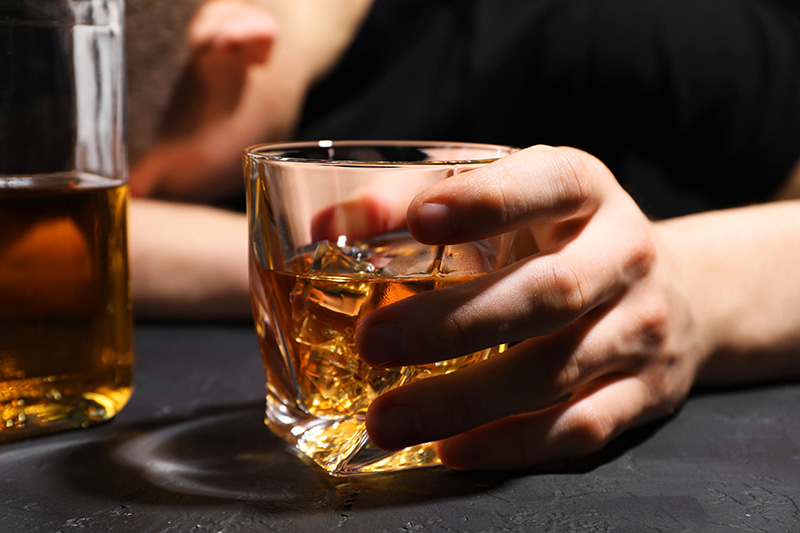

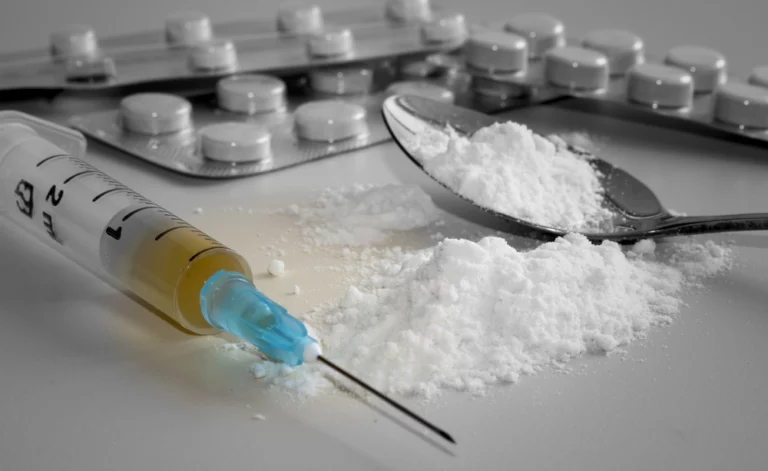
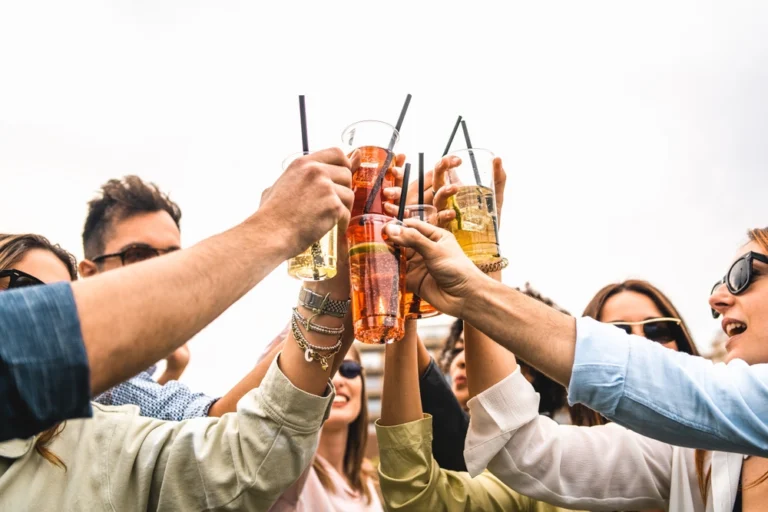
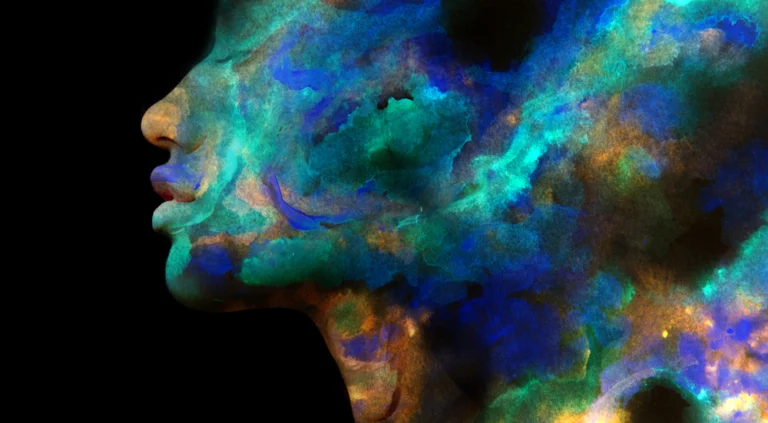
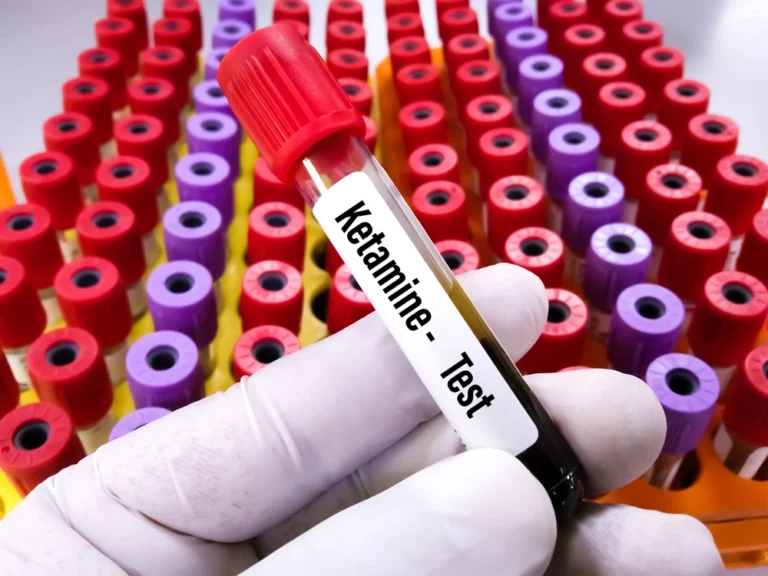

One Comment